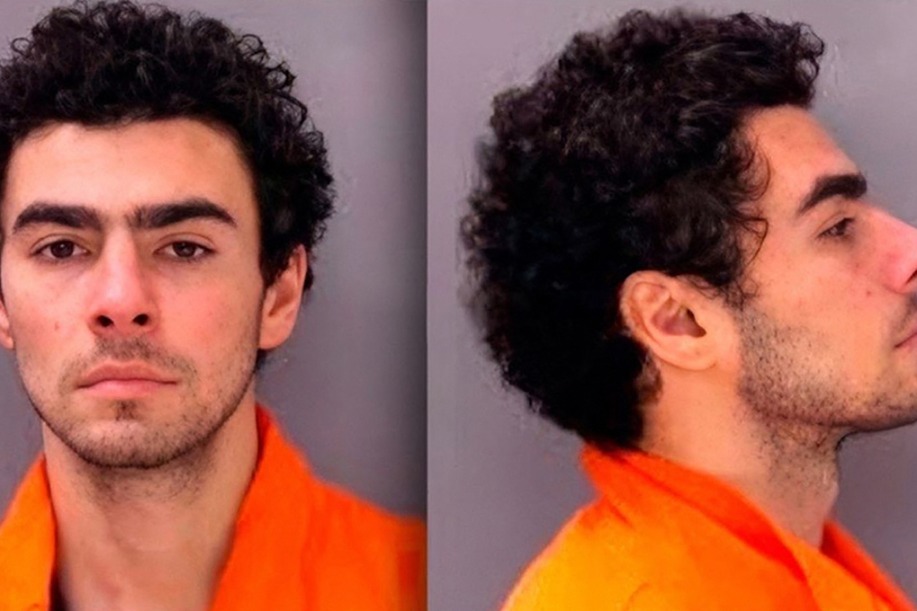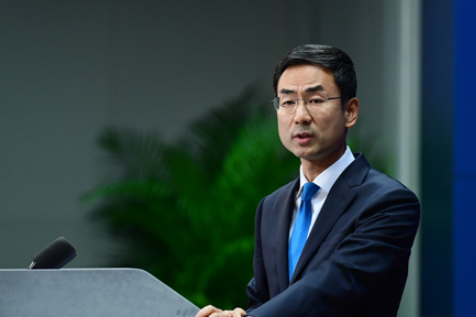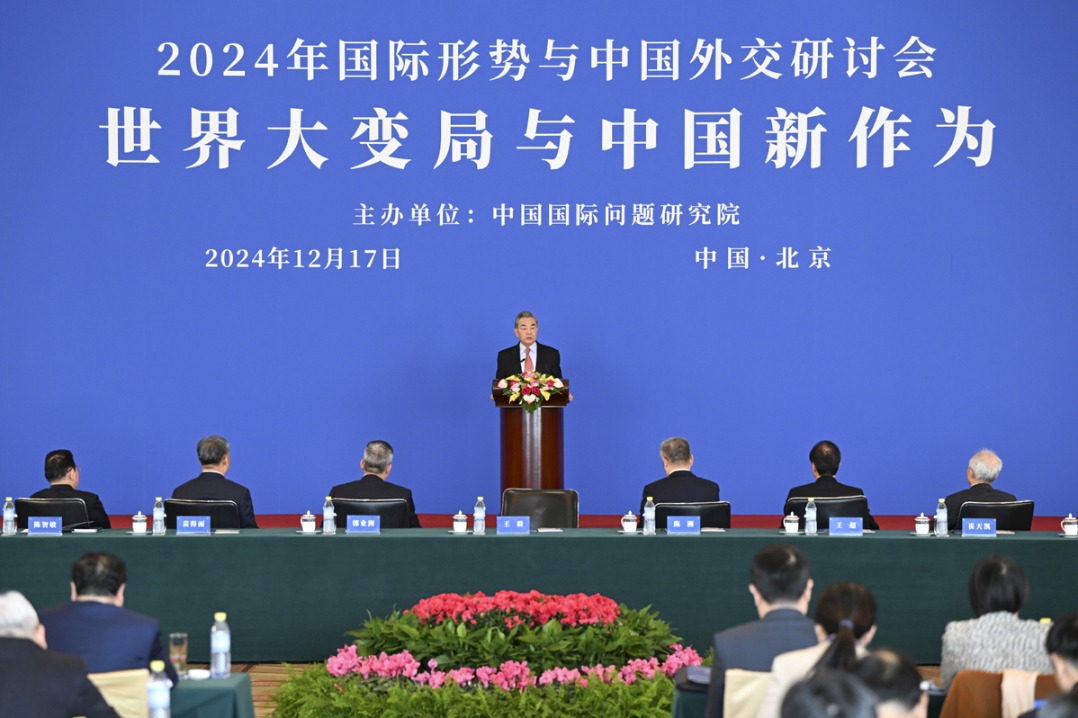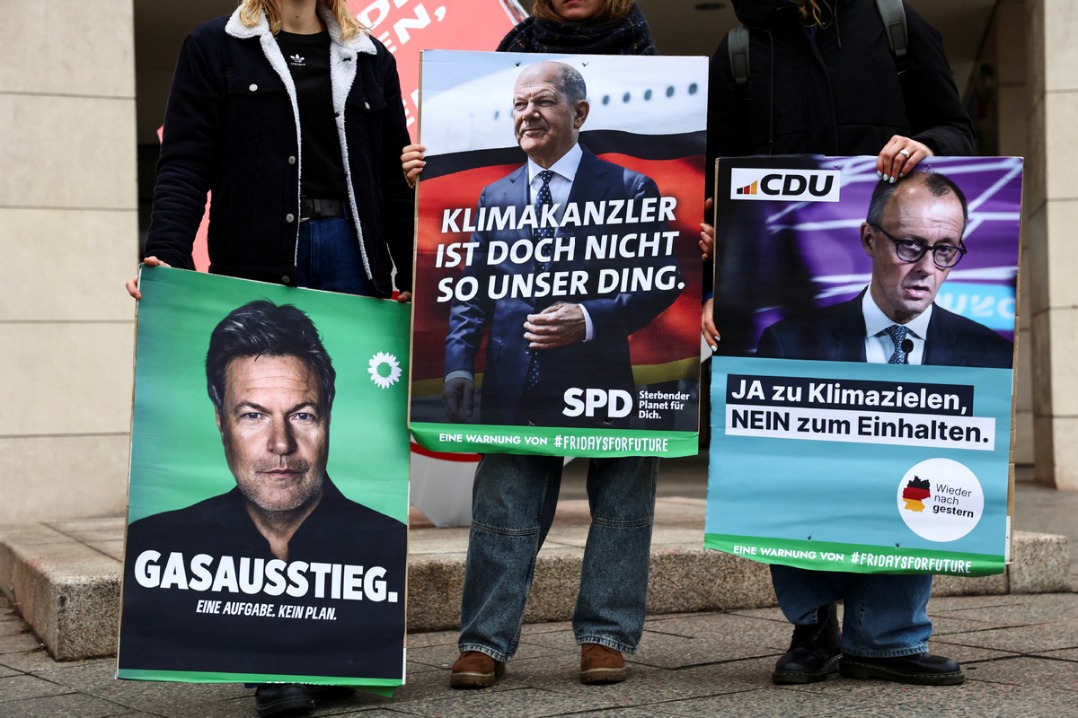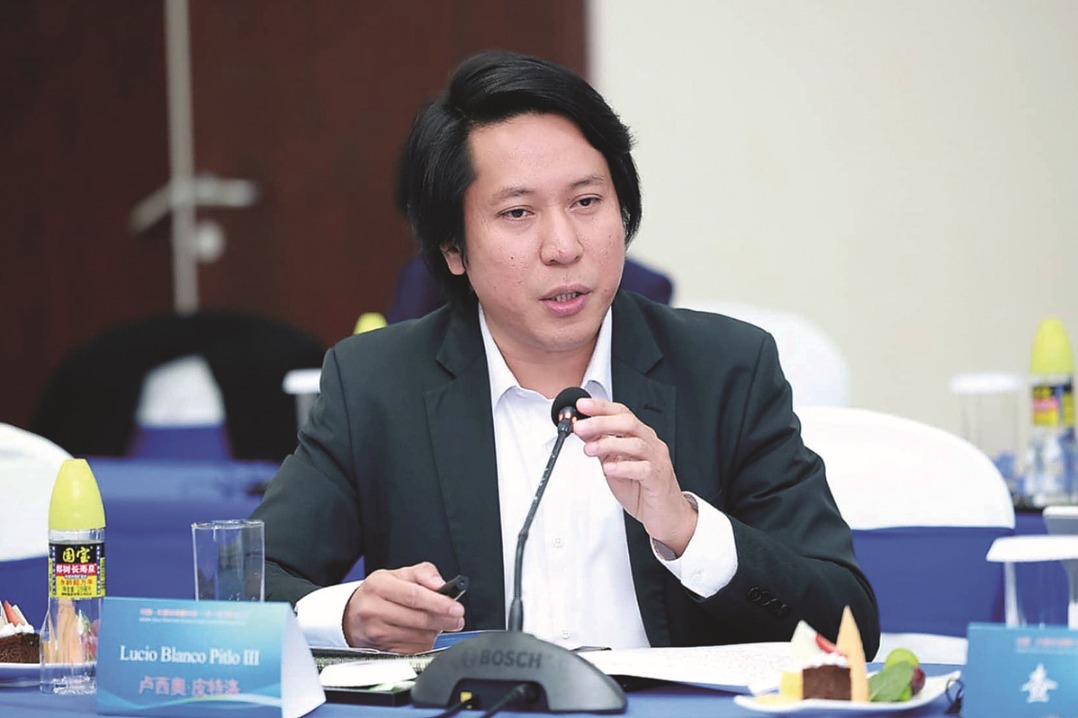Bolsonaro sworn in as Brazil's leader

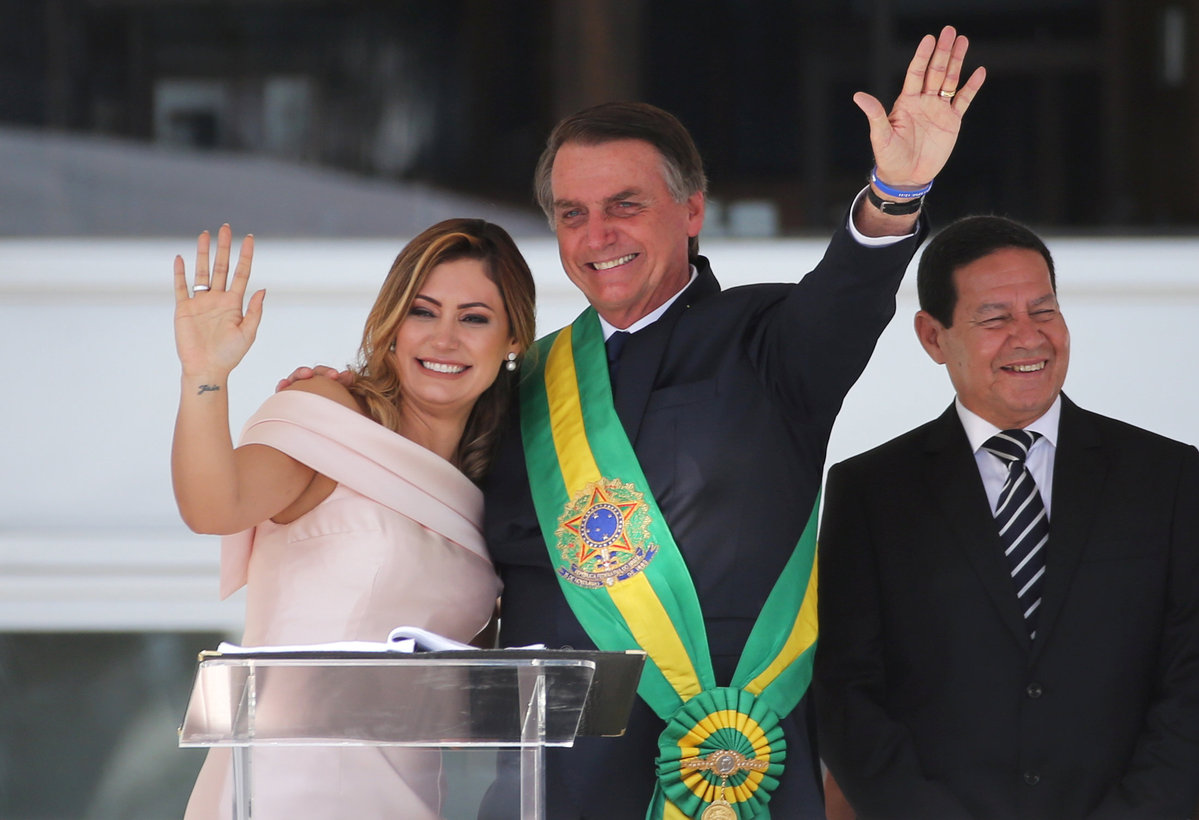
Right-wing president inaugurated in Brasilia vowing to shake things up
Jair Bolsonaro took office with his promise to tackle domestic political and economic problems as Brazil's new president on Tuesday, while expert said he might encounter some difficulties to realize his ideas.
The army captain-turned-politician was sworn in at a ceremony in Brasilia amid the highest security ever for a presidential inauguration in the largest and most populous nation in Latin America.
Bolsonaro, a member of the conservative Social Liberal Party, and his vice president, retired general Hamilton Mourao, pledged "to maintain, defend and respect the constitution, abide by the laws, promote the general well-being of the people and sustain the unity, integrity and independence of Brazil", according to a Xinhua report.
"I invite all of Congress to join me in the mission to restore and rebuild our homeland, liberating it from corruption, crime, economic irresponsibility and ideological traps," he said after being sworn in.
Bolsonaro promised to "carry out structural reforms that will be essential for the financial health and sustainability of public accounts" and "to create a virtuous cycle and open our markets to international trade".
The president also pledged to "protect and reinvigorate Brazilian democracy" and seek a society "without discrimination or division".
Bolsonaro was swept to power in October by voter outrage with traditional political parties, making him Brazil's first right-wing president since the 1980s.
Zhou Zhiwei, a researcher from the Chinese Academy of Social Sciences, said Bolsonaro's plans are in line with the Brazilians' desire to change.
"Although the country achieved some results in past decades, there are still quite a few problems that the general public want resolved," he said. "Bolsonaro's claims-economic reform, pension reform and public security-have responded to people's appeal."
However, Zhou said there are still challenges in implementing these policies, judging from the ruling environment Bolsonaro is in, where his party does not have a majority in Congress.
Bolsonaro's party will have 52 seats in Brazil's 513-member lower house, the second largest bloc behind the Workers' Party.
Zhou said the power of the party is still relatively small although it grew rapidly in the country, thus he would have pressure from the traditional parties, especially when he wants Congress to pass his policies.
Foreign policies
Meanwhile, Bolsonaro plans to realign Brazil internationally, moving away from developing-nation allies and closer to the policies of Western leaders, particularly United States President Donald Trump, who sent Secretary of State Mike Pompeo the inauguration, according to Reuters.
But Zhou said the future of Bolsonaro's foreign policies is still unclear and needs to be observed.
"The frequency of interaction between the US and Brazil has increased recently, but it's unknown whether there will be more solid communications."
Zhou said Bolsonaro calls for open markets and foreign investments which are not compatible with the current US policy of trade protectionism.
"Thus, it's possible for Bolsonaro to readjust his foreign policies to the previous ones of cooperating with other Latin American countries and emerging powers, including China," he said, adding that it perhaps depends on the US attitude toward Brazil if Bolsonaro wishes to change the previous foreign policies.
Zhou said the new president may not achieve his expectations in terms of actual results.
















